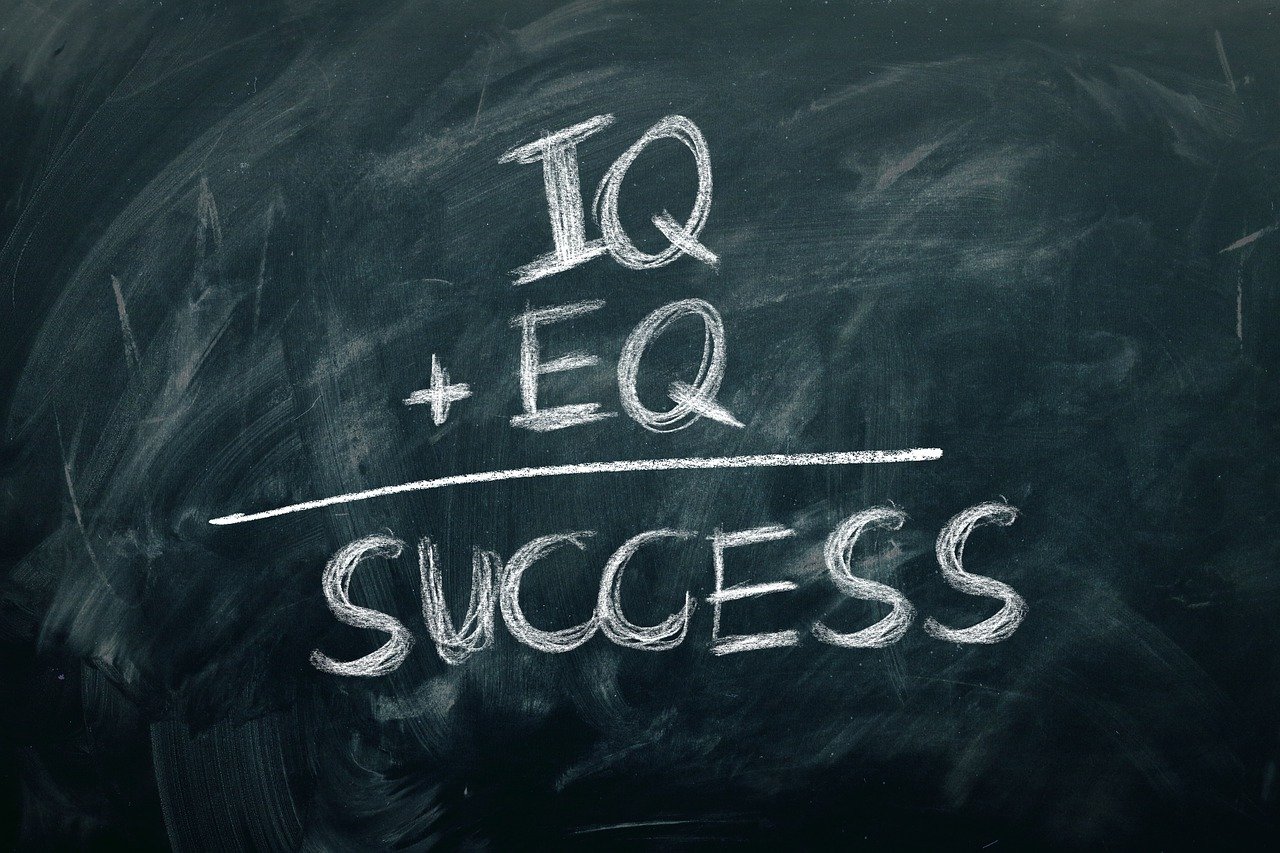
Leadership development has a major influence on an organization’s performance and day-to-day operations.Ever wondered why few people are so attached to their organization? They are rather attached to the people around them. i.e. Their immediate supervisors or mentors are. Now, the interesting thing about leadership is that one doesn’t have to be a manager or in charge of a department.
Anyone and everyone can evolve as a leader, provided they are backed up with certain characteristics that enable people around them to trust her or him, and that’s where most of the leadership theories revolve around. Now that trust can be earned either by the way they do certain things, treat people, have knowledge about something, their charisma, how open and transparent they are, their ability to foresee what works out better, etc.
While this has been a debatable question for many of us that weather leaders are born or made. you can have the detailed insight about same here.
But what makes a leader truly exceptional? Is it their charisma, their strategic thinking, or their ability to make tough decisions?
While all these qualities are undeniably important, the most critical skill required for leadership development is emotional intelligence.
Why are we talking about leadership development?
Research has consistently shown that emotional intelligence is a critical factor in determining an individual’s success and overall well-being. Thus plays a significant role in leadership development. According to a study by TalentSmart, individuals with high emotional intelligence outperform their low-EQ counterparts by a staggering 58%. Moreover, 90% of top performers across various industries possess a higher level of EQ.
The Consortium for Research on Emotional Intelligence in Organizations reported that every point increase in EI competencies in managers was associated with a $1,300 to $1,900 increase in yearly profit per employee.
In a study conducted by Green Peak Partners and Cornell University, executives who scored higher in emotional intelligence were also more likely to have higher salaries and more successful careers.
Research from the Center for Creative Leadership found that the primary cause of executive derailment is not a lack of technical skills but a lack of emotional intelligence.
How does emotional intelligence Give Rise to Leadership Development?
Emotional intelligence, often referred to as EQ, is the capacity to recognize, understand, and manage one’s emotions, as well as the emotions of others. It encompasses a wide range of skills, including empathy, self-awareness, social awareness, and relationship management. Leaders with high EQ are not only in tune with their own emotions but can also effectively read and respond to the emotions of their team members, colleagues, and stakeholders.
How does leadership development help for organisational growth...
- Building Trust and Connection
Leaders with high emotional intelligence foster trust and connection within their teams. By demonstrating empathy and understanding, they create a safe and supportive environment where team members feel valued and appreciated. This leads to increased loyalty and commitment to the leader’s vision and goals.
- Effective Communication
Effective communication is a hallmark of successful leadership development. Leaders with high EQ possess excellent communication skills, which enable them to convey their ideas clearly and concisely. They are also skilled listeners, which helps them understand the concerns and needs of their team members better.
- Conflict Resolution
Conflict is inevitable in any team or organization, but leaders with strong emotional intelligence can navigate through these challenges adeptly. They can handle conflicts with sensitivity, addressing the underlying issues and finding amicable solutions that benefit everyone involved.
- Inspiring and Motivating Others
Emotionally intelligent leaders can tap into the emotions of their team members to inspire and motivate them. By recognizing and acknowledging individual achievements, they boost morale and create a positive work environment that drives productivity and innovation.
- Adaptability and Resilience
In a dynamic business world, adaptability and resilience are essential traits for leaders. Emotional intelligence allows leaders to manage stress and setbacks effectively, enabling them to bounce back from failures and lead their teams through uncertainty.
How Emotional Intelligence give rise to Leadership development?
Developing emotional intelligence is a continuous journey that requires self-reflection and practice. Here are some strategies that can help leaders enhance their EQ:
- Self-Awareness
Self-awareness is the foundation of emotional intelligence. Leaders should take time to reflect on their emotions, reactions, and behavior. Keeping a journal or seeking feedback from trusted colleagues can aid in gaining a better understanding of one’s emotional patterns.
- Active Listening
Leaders should actively listen to their team members and show genuine interest in their concerns and ideas. This not only strengthens relationships but also provides valuable insights into the team’s dynamics and challenges.
- Empathy
Practicing empathy involves putting oneself in someone else’s shoes and understanding their perspective. Leaders should show empathy toward their team members’ experiences, challenges, and aspirations.
- Emotional Regulation
Leaders should learn to manage their emotions effectively, especially in stressful situations. Deep breathing, mindfulness, and taking short breaks can be helpful techniques for emotional regulation.
- Continuous Learning
Leaders should commit to continuous learning and seek opportunities for personal and professional development. Workshops, seminars, and coaching sessions can aid in enhancing emotional intelligence.
Case Studies of Emotionally Intelligent Leaders
1. Leader X – A Compassionate CEO
Leader X, the CEO of a leading tech company, is known for her exceptional emotional intelligence. She values her employees and ensures that their well-being is a top priority. During the challenging times of the pandemic, she showed unwavering support to her team, offering flexible work arrangements and providing mental health resources. Her approach has resulted in a highly motivated workforce and increased employee retention.
2. Leader Y – A Visionary Team Leader
Leader Y, a team leader in a marketing agency, has demonstrated remarkable emotional intelligence in managing his team. He actively listens to his team members’ ideas and concerns, creating an environment where everyone feels heard and valued. his approach has led to a surge in creativity and collaboration within his team, resulting in several successful marketing campaigns.
Conclusion
The most important asset of any true leader is their emotional intelligence. Leaders with high EQ can connect with their teams on a deeper level, inspire trust and loyalty, and navigate through challenges with grace. Developing emotional intelligence is an ongoing process, and with dedication and practice, any leader can enhance their EQ and become an exceptional guiding force for their team.


3 thoughts on “Leadership Development: What’s the Most Important Asset of Any True Leader?”
Comments are closed.